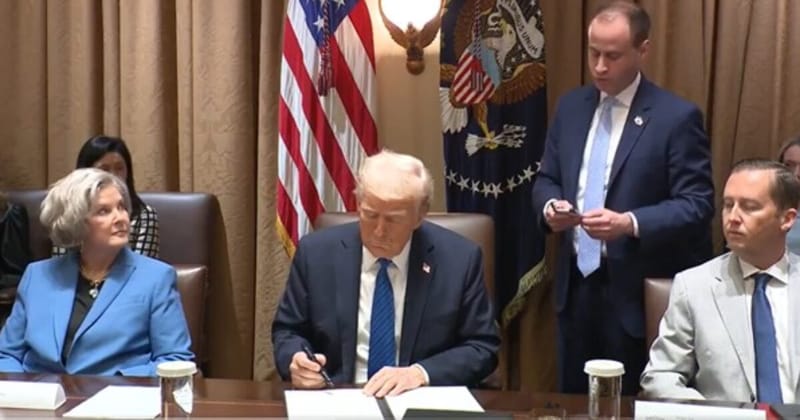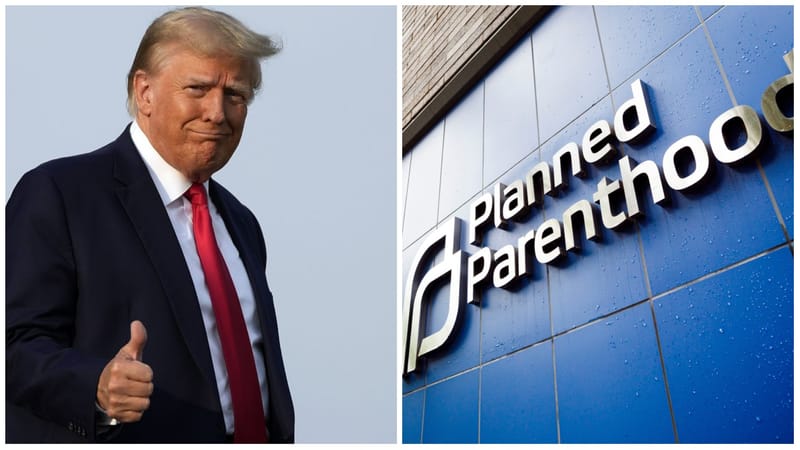Trump Eyes USPS Privatization to Stem Financial Bleeding
President-Elect Discusses Overhaul at Mar-a-Lago, Sparking Debate on Future of Mail Service Palm Beach, Florida — December 17, 2024 In a move that could fundamentally reshape one of America's oldest institutions, President-elect Donald Trump has signaled his interest in privatizing the United States Postal Service (USPS) amid its persistent
President-Elect Discusses Overhaul at Mar-a-Lago, Sparking Debate on Future of Mail Service
Palm Beach, Florida — December 17, 2024
In a move that could fundamentally reshape one of America's oldest institutions, President-elect Donald Trump has signaled his interest in privatizing the United States Postal Service (USPS) amid its persistent financial challenges. According to sources familiar with the matter, Trump has been discussing the potential overhaul with his incoming Commerce Secretary, Howard Lutnick, at his Mar-a-Lago estate in Florida.
The USPS has been facing financial strain, reporting a staggering $9.5 billion loss for the fiscal year ending September 30. With losses exceeding $100 billion since 2007, the pressure to find solutions has never been more urgent. Trump's critique of the USPS isn't new; during his first term, he famously called it "a joke" and questioned its financial support by the government.
BREAKING: Trump says his team is looking into the privatization of the Postal Service. pic.twitter.com/njcY0IlDyz
— More Perfect Union (@MorePerfectUS) December 16, 2024
The discussions come at a time when the USPS is grappling with the digital age's impact on traditional mail volume and the slower-than-expected growth in parcel delivery. Trump's approach to addressing these issues includes a potential shift towards privatization, a strategy he believes could lead to more efficient operations without taxpayer subsidies.
However, this proposal has ignited a firestorm of debate. Proponents argue that privatization could foster innovation and align the USPS more closely with private sector efficiencies, potentially benefiting consumers with better service at lower costs. Critics, however, fear that privatization might undermine the universal service obligation of the USPS, which ensures mail delivery to every corner of the country, including rural and remote areas where profitability is low.
Union leaders and progressive voices have been vocal in their opposition, emphasizing the USPS's role as a public good rather than a profit-making entity. "Privatization would end universal service," Mark Dimondstein, president of the American Postal Workers Union, stated in response to the news, highlighting the potential for price gouging and service cuts in less profitable regions.
Can Trump Privatize The Postal Service? What To Know As President-Elect Says He’s ‘Looking At’ USPS Changeshttps://t.co/iyjkEXalOk pic.twitter.com/wfqaKPKcqX
— Forbes (@Forbes) December 17, 2024
The political landscape adds another layer of complexity to Trump's plans. While some Republicans might support the move towards privatization, there's significant bipartisan support for maintaining the USPS as a public institution, evidenced by past legislative efforts to support and reform rather than privatize the service.
Moreover, any move to privatize would require Congressional action, given the USPS's status as an independent agency with a mandate to deliver mail to every address in the country. This legislative requirement could pose a significant hurdle, especially considering the mixed feelings in Congress about the postal service's future.
As Trump prepares for his second term, this proposal on USPS privatization adds to the list of contentious issues that will define his administration's agenda. The implications for millions of Americans, especially those in rural areas, and for the broader e-commerce industry, which relies on USPS for last-mile delivery, are profound. With debates already heating up on social media and in political circles, the future of the USPS remains a hotly contested topic as the new year approaches.




